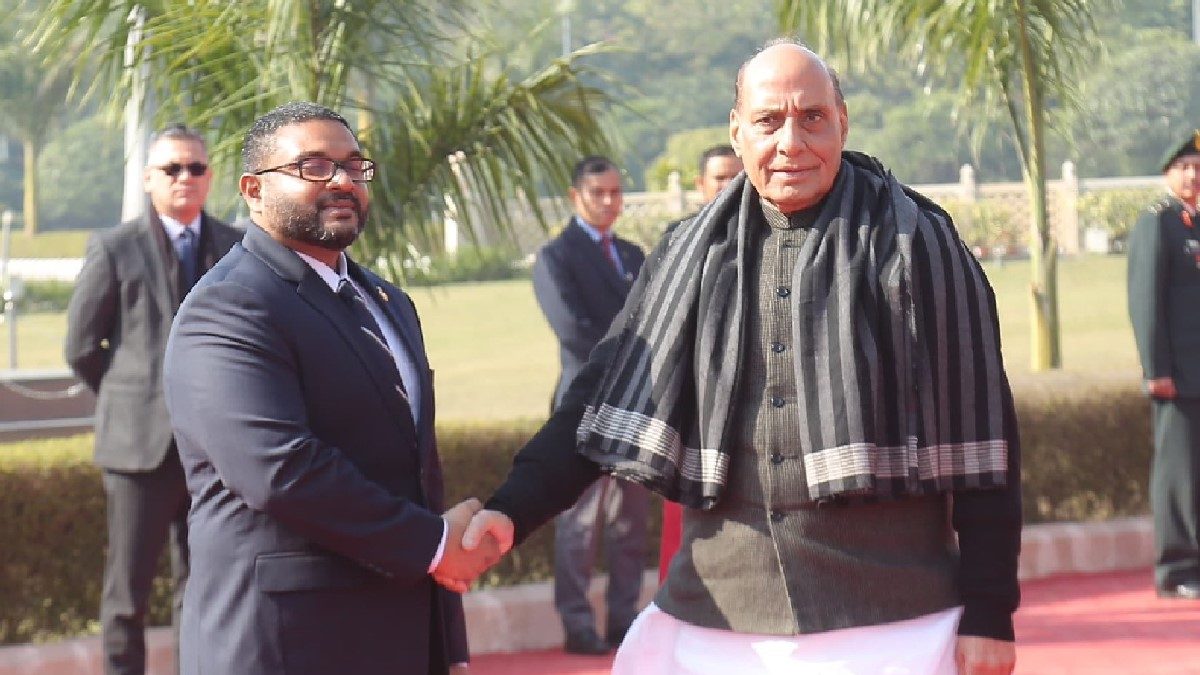Orthodox Christians celebrate Christmas on January 7, following the Julian calendar. This highlights historical resistance to the Gregorian calendar, creating the distinction between "Old Christmas Day" and December 25.

Thousands gather in Tbilisi to celebrate Orthodox Christmas, as protests continue in Georgia (AP Photo)
Orthodox Christians around the world have been celebrating Christmas by attending church services.
While a majority of the Christian world celebrates Christmas Day on December 25, for many of the world's 200 million Orthodox Christians, the birth of Jesus Christ is marked on January 7.
Here is all you should know about the Orthodox Christmas.
Orthodox Christmas and the Julian Calendar
Orthodox Christians celebrate Christmas on January 7 due to their adherence to the Julian calendar, which differs from the Gregorian calendar used by most Christian denominations.
Historical and Cultural Context
The transition from the Julian to Gregorian calendar created the distinction between "Old Christmas Day" (January 7) and December 25, highlighting resistance from communities to calendar changes.
Russian Orthodox Christmas and Patriarch Kirill
Patriarch Kirill used the occasion to criticize the West and emphasize Russia's moral and cultural superiority while blessing war-related symbols for servicemen in Ukraine.
Putin’s Alignment with the Orthodox Church
Vladimir Putin praised the church’s role in promoting traditional family values and used Orthodox Christmas to strengthen his ties with the Russian populace amid the ongoing Ukraine conflict.
Ukraine’s Shift to December 25
In a move to distance itself from Moscow, Ukraine officially transitioned its Christmas celebrations to December 25, though some still observe January 7.
Global Significance of Orthodox Christmas
Orthodox Christmas remains a vital cultural and religious celebration for millions worldwide, reflecting diverse historical and spiritual traditions.
Published By:
indiatodayglobal
Published On:
Jan 7, 2025

 22 hours ago
22 hours ago















